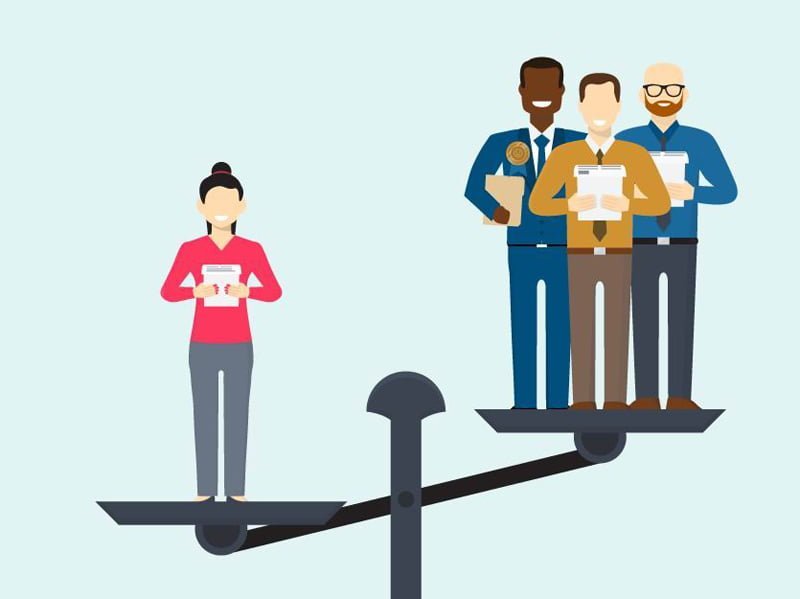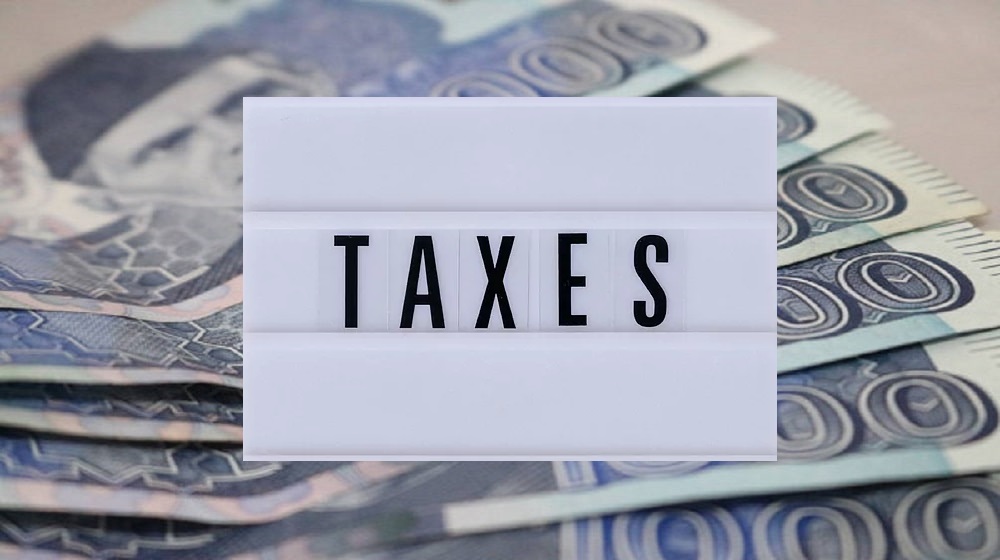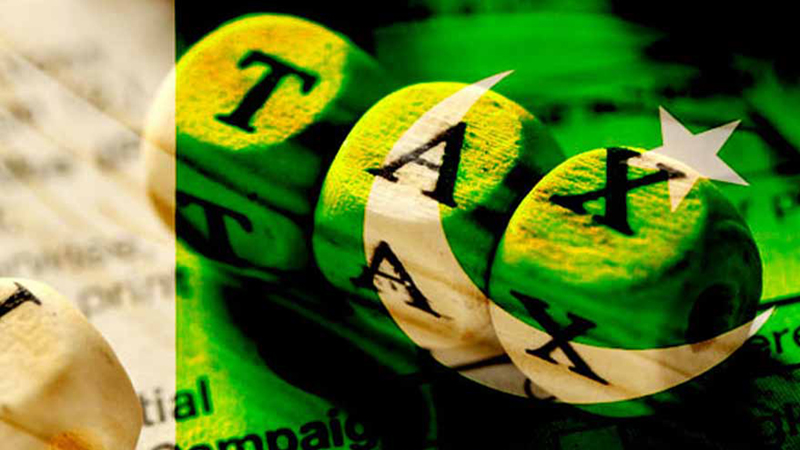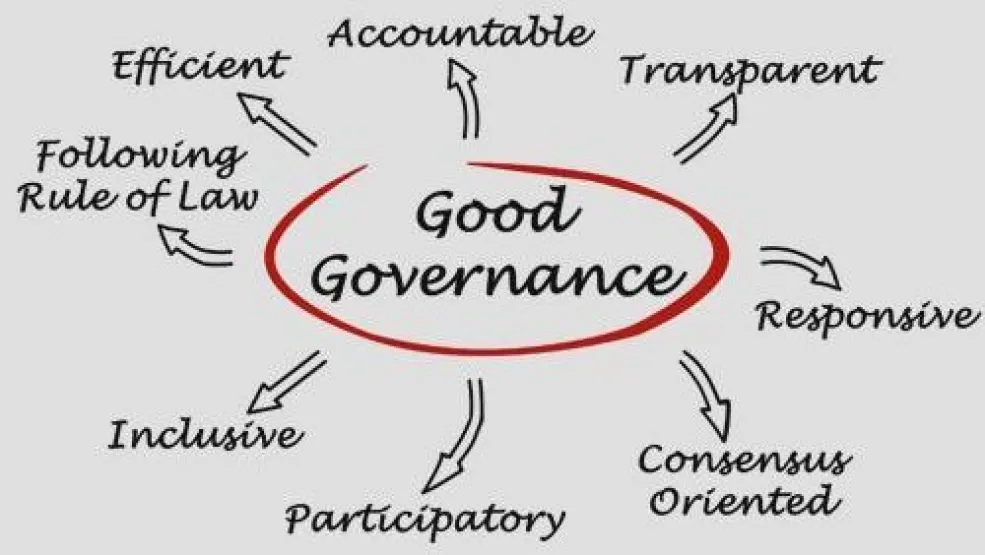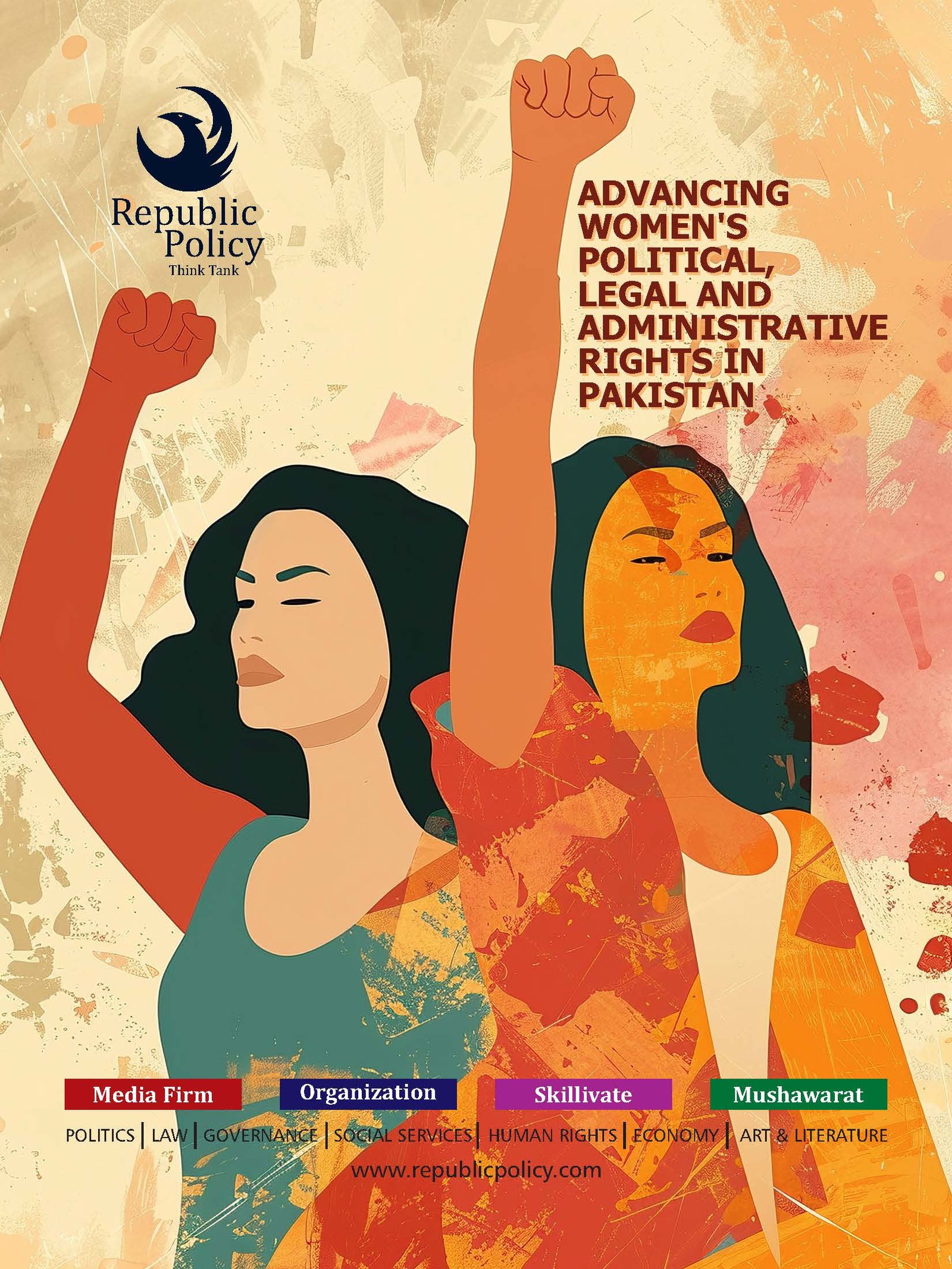Gender bias seems to be ingrained in the very fabric of humanity, encased in amber by cultural norms and historical misconceptions, including the misguided belief in the supremacy of physical strength. The UN’s 2023 Gender Social Norms Index paints a disheartening picture. According to the report, biases against women have shown no improvement over the past decade, with nearly nine out of 10 individuals worldwide still embracing such regressive and misogynistic notions. Astonishingly, 50% of people globally view men as better suited for political leadership, while over 40% consider men to be superior business executives compared to women. Shockingly, a quarter of the population believes that a man beating his wife is acceptable, perpetuating a cycle of women’s subjugation and inflicting generational trauma.
The alarming global trend towards autocratic rule, even in countries that claim to be democracies, and the subsequent erosion of personal freedoms, go hand in hand with the diminishing rights of women and the growing gender inequality. The representation of women in decision-making positions has stagnated at a disappointingly low level. According to the UN report, the average proportion of women serving as heads of state or government has hovered around a mere 10% since 1995. Despite women’s increased education and skills, gender bias continues to impede their economic empowerment. It is remarkable that even in the 59 countries where women receive more years of education than men, the average gender income gap stands at a staggering 39%, heavily favoring men.
Ironically, the world claims progress and modernity, yet deep-rooted prejudices and discriminatory attitudes persist. These biases act as formidable barriers on the path to achieving true gender equality. It is crucial to dismantle the flawed narratives that perpetuate the notion of women’s inferiority and challenge the stereotypes that undermine their potential. The transformation begins with recognizing that gender bias is not an innate trait but a social construct that can be dismantled through education, awareness, and a collective effort.
To overcome gender bias and promote inclusivity, governments and institutions must take proactive measures. Policies should be enacted to encourage women’s participation in politics, leadership roles, and decision-making processes. Efforts should be made to bridge the gender income gap, ensuring equal pay for equal work. Educational institutions must prioritize gender equality in their curricula, promoting respect, empathy, and dismantling harmful stereotypes from an early age. The media plays a vital role in shaping public opinion, and it should strive to portray women in diverse and empowering roles, challenging traditional gender norms.
In the pursuit of gender equality, it is essential to engage men as allies and advocates for change. Men must recognize their privilege and actively work towards dismantling patriarchal structures that perpetuate gender bias. By promoting inclusivity, supporting women’s rights, and challenging harmful norms, men can contribute to creating a more equitable and just society.
It is time for a paradigm shift, where gender equality is not just a slogan but a lived reality. The world cannot afford to squander the potential and talents of half its population. Gender equality is not just a women’s issue; it is a human rights issue that demands urgent attention and concerted action. As we strive for a more just and equitable future, let us break free from the shackles of gender bias and build a world where every individual, regardless of gender, can thrive and contribute to society on equal footing.
In the patriarchal landscape of Pakistan, gender bias permeates every aspect of life, casting a shadow over the aspirations of women and confining them within predefined roles. It is an unfortunate truth that women’s worth is often reduced to their place within the confines of their homes, diminishing their individuality and agency. Despite the enactment of several laws aimed at empowering women, the prevailing mindset remains a significant barrier to progress. In a society where gender norms remain rigid, women face immense challenges in seeking justice against sexual harassment and domestic violence. The deeply ingrained beliefs continue to hinder their path to equality.
The public sphere, which should be accessible to all, is still regarded by many as a male domain, relegating women to the status of unwelcome intruders. The pervasiveness of sexual harassment in public spaces further compounds the issue, subjecting women to unwarranted advances and abuse. These notions create a toxic environment that fuels victim-blaming and perpetuates the power imbalance between genders. However, despite the arduous journey that lies ahead, women in countries like Pakistan must press on, determined to overcome these obstacles.
The fight for gender equality requires a multi-faceted approach that challenges traditional norms, breaks down barriers, and fosters a culture of inclusivity. It demands a shift in societal attitudes and a reimagining of gender roles. Women’s rights cannot be achieved in isolation; it requires the collective effort of individuals, communities, and institutions.
To dismantle the patriarchal structures that perpetuate gender bias, education plays a crucial role. By imparting knowledge that challenges gender stereotypes and fosters empathy and respect, we can lay the foundation for a more equitable society. Empowering women through education and skills training equips them with the tools necessary to break free from societal constraints and pursue their ambitions. Additionally, raising awareness about women’s rights and encouraging dialogue can contribute to a more informed and empathetic society.
It is imperative to engage men as allies in the fight for gender equality. Men have a pivotal role to play in challenging and dismantling the harmful norms that perpetuate gender bias. By examining their own privileges, advocating for women’s rights, and actively participating in promoting gender equality, men can become catalysts for change.
Furthermore, the media has a responsibility to shape public opinion and challenge stereotypes. By portraying women in diverse and empowering roles, the media can help dismantle preconceived notions of gender and pave the way for a more inclusive society. The power of storytelling should be harnessed to amplify the voices and experiences of women, fostering a greater understanding and appreciation of their contributions.
Civil society organizations and grassroots movements also have a crucial role in advocating for gender equality. By mobilizing communities, organizing awareness campaigns, and providing support to survivors of gender-based violence, these organizations can drive significant change at the grassroots level.
It is essential for governments and policymakers to prioritize gender equality and enact comprehensive legislation that protects women’s rights and promotes their inclusion in all spheres of society. This includes ensuring equal access to education, healthcare, employment opportunities, and political participation. Implementing and enforcing existing laws is equally vital to address the prevailing impunity for crimes against women.
In conclusion, the journey towards gender equality in Pakistan and beyond is an ongoing struggle. It requires a collective effort to challenge deep-rooted biases, dismantle discriminatory structures, and create an environment where every individual can thrive irrespective of their gender. By acknowledging the pervasive nature of gender bias and working together to address it, we can create a more just, inclusive, and equitable society for all.
Read more:



